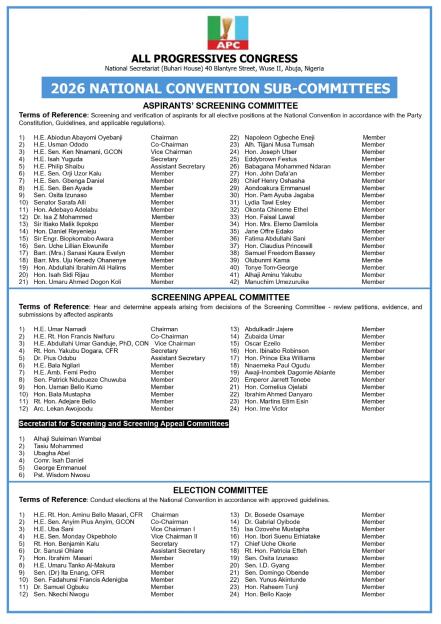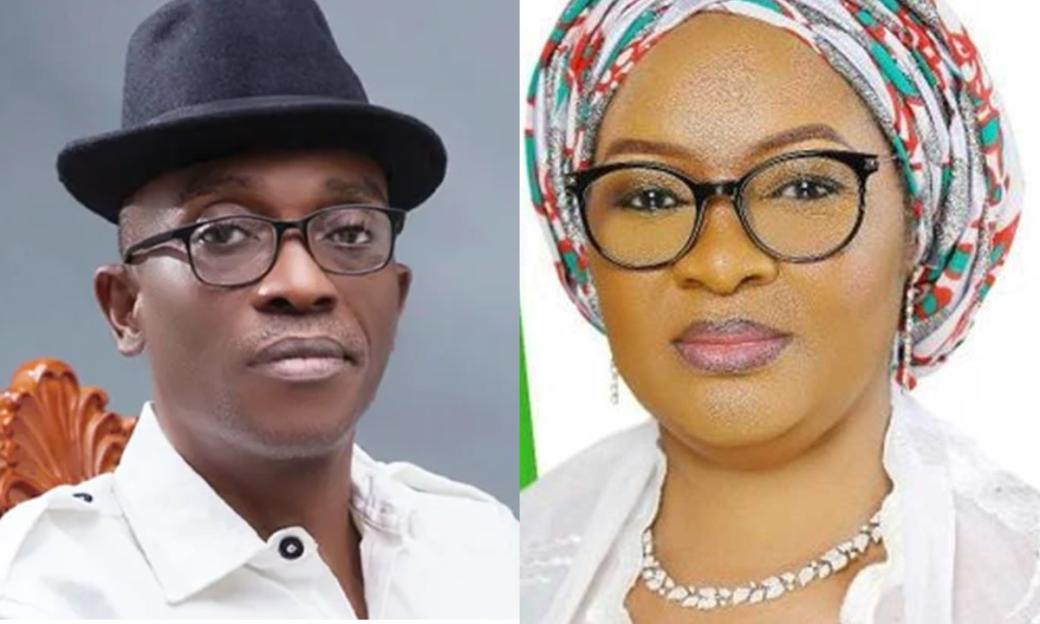Table of Contents
- Issues with Nigeria's Electoral System
- Judiciary's Role in Technology
- Review of INEC's Innovations
- Abaribe's Statements on Innovation
Abia South Senator, Enyinnaya Abaribe, has disclosed that the challenges facing Nigeria’s electoral system stem not from technology, but from how laws are interpreted by the courts.
He argued that the Nigerian judiciary has not kept up with the technological advancements introduced by the Independent National Electoral Commission (INEC).
This insight was shared on Monday during a review of INEC’s innovations in electoral technology (2015–2025) organized by the Anthena Centre in Abuja.
“I believe there is no one opposed to innovations that enhance the electoral process. If there is anyone, it is certainly not Enyinnaya Abaribe,” he stated.
“I have personally benefited from the new INEC process of direct transmission of results. The primary issue we need to address — and which many seem to overlook — is that our judicial processes are lagging years behind the innovations we are implementing,” he remarked.
He pointed out that INEC guidelines, which should be viewed as part of the electoral law, are frequently ignored by the courts.
Frequently Asked Questions
What are the main issues with Nigeria’s electoral system?
The main issues are related to the interpretation of laws by the judiciary, rather than the technology itself.
How has technology impacted the electoral process in Nigeria?
Technology has introduced innovations such as the direct transmission of results, which improves the electoral process.
What role does the judiciary play in the electoral process?
The judiciary's role is crucial, but it has not kept pace with technological advancements, leading to inconsistencies in law interpretation.







